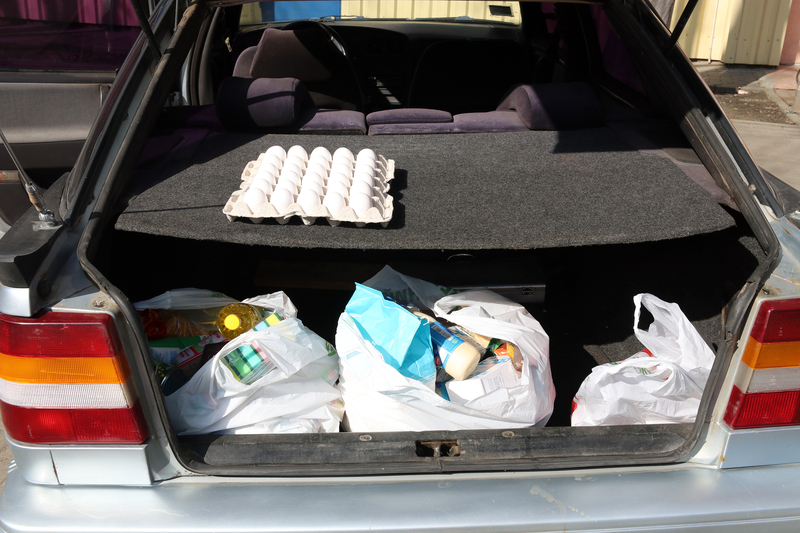TRENTON, NJ – When Governor Phil Murphy signed New Jersey’s plastic bag ban into law in 2020, the measure became one of the strictest in the nation, prohibiting single-use plastic bags at stores, supermarkets, and food service businesses.
It also restricted paper bags in large grocery stores, forcing many retailers and shoppers to switch to reusable alternatives.
Since the ban took effect in 2022, public opinion has been divided. While some residents say it reduced litter and pollution, many others have voiced frustration over the inconvenience and cost of reusable bags.
Recent polls show a significant portion of New Jersey residents favor ending the ban entirely, citing consumer choice and practicality.
A study shows that the plastic bag ban actually increased plastic production, as many people are treating the multi-use bags as single-use bags and their production consumes more natural resources. Many of the multi-use bags also end up in landfills.
Under state law, repealing the plastic bag ban would require new legislation to pass both chambers of the Legislature, followed by the governor’s signature. Lawmakers could also alter the current statute to loosen its restrictions rather than eliminating it altogether.
Republican gubernatorial candidate Jack Ciattarelli has pledged a more direct approach. In a post this week, he vowed that if elected, he would end the plastic bag ban “on day one” through executive order.
――――――――――――――――――――――――――――――――――――
Key Points
- New Jersey’s plastic bag ban, enacted under Phil Murphy, is among the strictest in the country
- Polls show many residents want the ban repealed or loosened
- Jack Ciattarelli vows to end the ban immediately if elected governor
